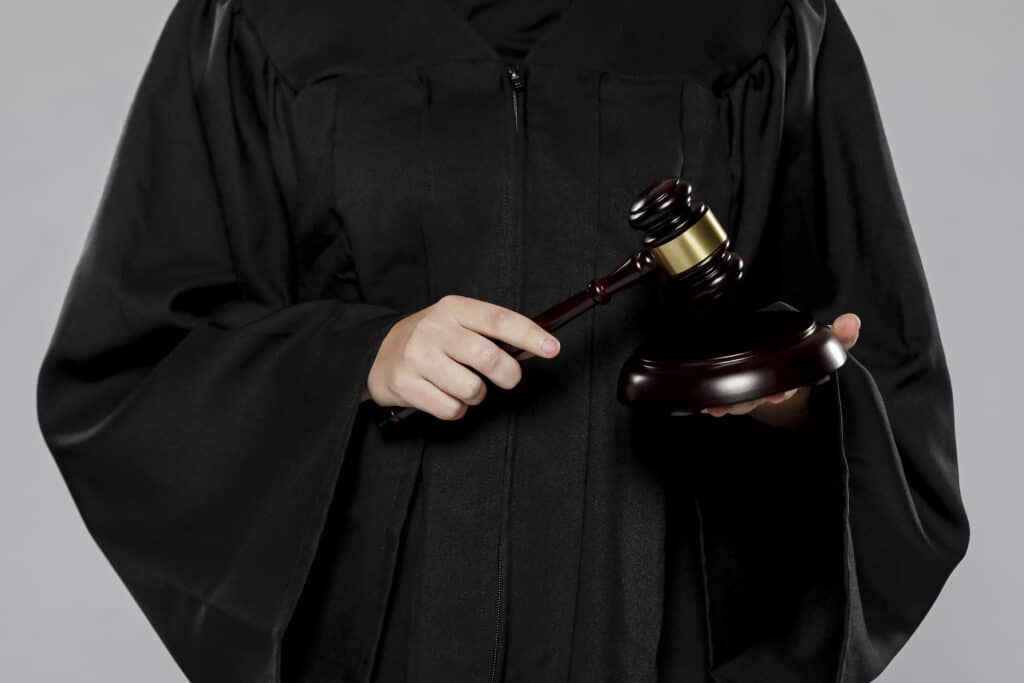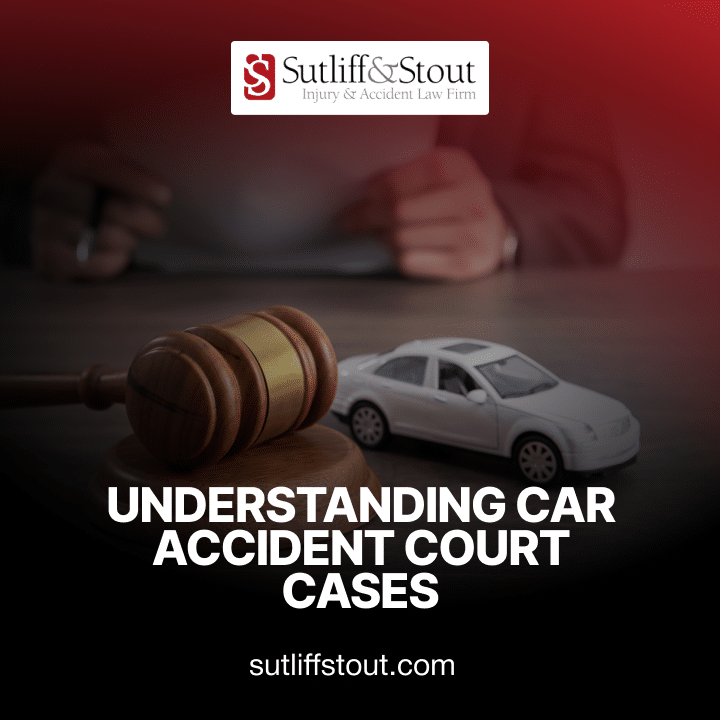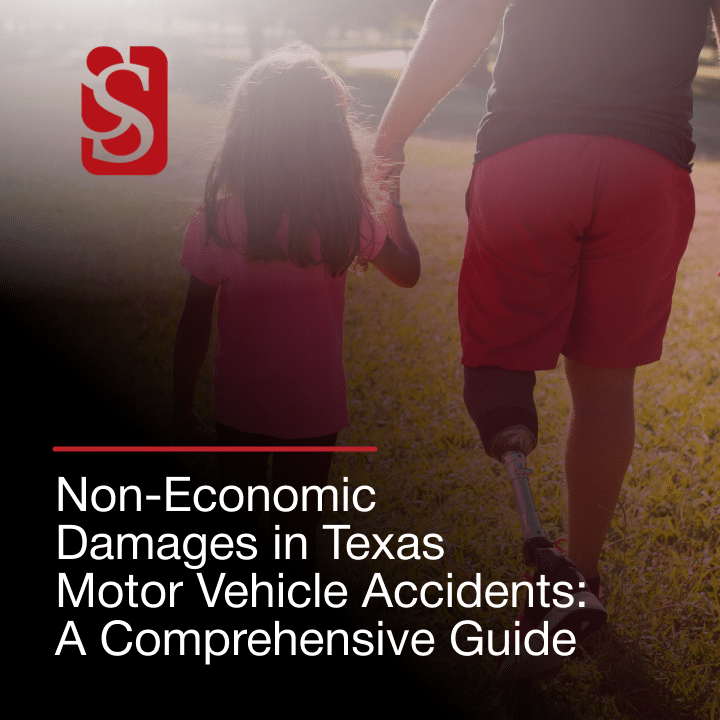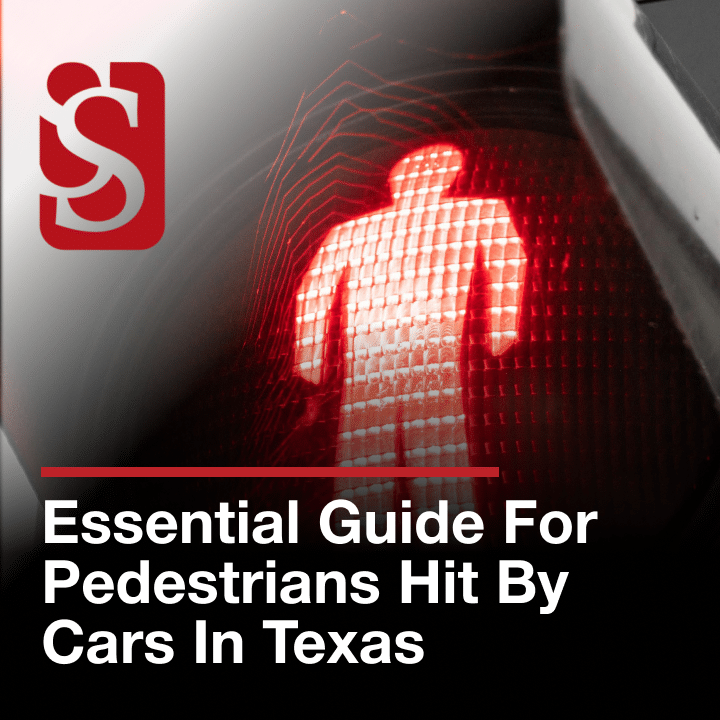Car accidents in Houston, Texas, can be both confusing and stressful. Many individuals involved in such incidents often find themselves wondering about the necessity of going to court.
This guide is designed to offer clarity and guidance on what to expect in the aftermath of a car accident in Houston, Texas.

Factoid About Car Accident Settlements in the US
| Fact | Statistic |
|---|---|
| Average settlement range (2020) | $20,000 – $25,000 |
| Average injury settlement | $20,235 |
| Average property damage settlement | $4,711 |
| Martindale-Nolo average settlement | $23,900 |
| Most received less than | $10,000 |
| % of cases settled out of court | 98% |
| Average time to settlement | 10.7 months |
| Resolved within six months | Over half |
Understanding Texas Car Accident Laws
In Texas, the aftermath of a car accident revolves around determining who was at fault due to the state’s fault-based insurance system. This section breaks down the essential laws and principles you need to know.
Texas as a Fault State
Texas’s status as a fault state means that the driver who caused the accident bears the financial responsibility for any resulting harm.
For instance, if Driver A was texting and driving, thus causing a collision with Driver B, Driver A would typically be liable for damages.
It’s a straightforward approach that directly ties responsibility to the causative party’s actions.
Comparative Negligence in Texas
However, not all accidents are cut and dry. Texas employs a comparative negligence rule, which allows for shared fault. This can significantly affect the outcome of a claim.
If, for example, you are found to be 20% at fault in an accident, your recoverable damages would be reduced by that percentage.
This system ensures a fairer distribution of liability and compensation based on each party’s contribution to the accident.
Statute of Limitations for Filing a Claim
Timing is critical when it comes to legal claims in Texas.
You have a two-year window from the date of the accident to file a lawsuit for personal injuries or property damage. This statute of limitations underscores the importance of acting swiftly to preserve your legal rights.
Delaying beyond this period could mean forfeiting your ability to seek justice and compensation for your losses.
The Car Accident Claims Process
Navigating the aftermath of a car accident involves several crucial steps, from the immediate response at the accident scene to dealing with insurance companies.
Initial Steps Following a Car Accident
Following a car accident, taking the right steps can significantly affect the outcome of any claims or legal actions you decide to pursue. Here’s a sequential guide on what to do immediately after an accident:
- Assess yourself and others for any injuries. Call 911 if anyone is hurt.
- If possible, move to a safe location to avoid any further accidents.
- Even for minor accidents, a police report can be valuable for insurance claims.
- Swap contact and insurance details with the other driver.
- Take photos of the vehicles, any visible injuries, and the surrounding area.
- Inform your insurance company about the accident as soon as possible.
- Even if you don’t feel hurt, some injuries may not be immediately apparent.
- Don’t admit fault at the scene; let the insurance companies determine it based on the facts.
Reporting the Accident to Insurance Companies
Once the immediate aftermath is handled, reporting the accident to your insurance company is a key next step. This report initiates the claim process, but it’s also where the complexity begins.
Insurance companies, aiming to protect their bottom line, may not always align with your best interests.
It’s a delicate balance between cooperating with your insurer and safeguarding your rights to fair compensation.
Factors Determining the Need to Go to Court
After the initial claims process, whether or not you will need to go to court depends on several key factors. Understanding these can help you prepare for what lies ahead.
Disputes Over Fault and Liability
Disputes over who caused the accident can often lead you to court.
If both parties cannot agree on who was at fault—or if insurance companies challenge the claims—legal intervention might become necessary.
For instance, if one driver ran a red light but claims the light was green, evidence like traffic camera footage might be crucial.
Such disputes often require a judge or jury to review the evidence and determine liability.
Severity of Injuries and Damages
The more severe the injuries and damages, the higher the stakes.
When injuries result in long-term disability, significant medical bills, or substantial loss of income, the compensation amounts can become contentious.
Insurance companies might be reluctant to pay large settlements without a fight. In such cases, going to court might be the only way to secure the full compensation deserved.
Insurance Coverage and Policy Limits
Sometimes, the issue isn’t about who was at fault but about how much the insurance policy covers.
If damages exceed the at-fault driver’s policy limits, you might not receive enough to cover all your costs.
This scenario often leads to court cases, where the goal is to identify other sources of compensation, whether through additional policies or the assets of the at-fault driver.
Negotiation Breakdowns and Settlement Disputes
Even if there’s agreement on fault, negotiations can still break down. This often happens when there’s a significant gap between what the insurance company offers and what you believe your claim is worth.
When both sides are far apart and unwilling to budge, court proceedings might be the next step. This is a clear example of a breakdown leading to legal action.
Settlements vs. Court Trials
Choosing between settling or going to court is a major decision. Here’s what you need to know about each option.
Pros and Cons of Settling Out of Court
Settling a car accident case out of court offers several benefits but also comes with certain drawbacks. Here’s a look at both sides:
Pros:
- Faster Resolution
- Less Stressful
- Lower Costs
- Privacy
- Guaranteed Outcome
Cons:
- Potential for Lower Compensation
- No Public Record
- May Feel Less Satisfactory
Deciding whether to settle out of court involves weighing the immediate benefits of a guaranteed, less stressful resolution against the potential for higher compensation and public accountability that a court trial might provide.
It’s a personal decision that should be made with careful consideration of the specific circumstances of your case and, ideally, with guidance from a knowledgeable attorney.
What to Expect if Your Case Goes to Trial
Going to court can be a long, complex process. It involves presenting evidence, witness testimonies, and possibly expert statements to a judge and jury.
The main advantage is the potential for a higher payout, but this comes with the risk of receiving less than the settlement offer—or nothing at all.
Trials are public, which can impact your privacy but also bring public attention to your case.
The Rarity of Car Accident Cases Going to Trial
Most car accident cases settle out of court. In fact, it’s estimated that only about 5% of personal injury cases go to trial.
The reasons include the high cost of litigation, the unpredictability of jury verdicts, and the lengthy time frame to reach a verdict.
Both sides often find it in their best interest to reach an agreement rather than face the uncertainties of a trial.
The Role of Attorneys in Car Accident Cases
After determining whether your case might need to go to court, it’s crucial to understand the role attorneys play in this process. A skilled legal team can be your best ally, whether you’re negotiating a settlement or preparing for trial.
When to Consider Hiring a Car Accident Lawyer
You should think about hiring a car accident lawyer soon after the accident, especially if there are injuries or significant damage.
Legal representation is key if there are disputes about fault, if the insurance company offers a low settlement, or if navigating the claims process becomes overwhelming.
An attorney can evaluate your case, inform you of your options, and represent your interests, potentially leading to a more favorable outcome.
How Lawyers Can Help Avoid Court Through Negotiation
A significant part of a car accident lawyer’s job is to negotiate with insurance companies on your behalf.
Lawyers have the experience and knowledge to understand what a fair settlement looks like and how to argue for it. They can gather the necessary evidence to strengthen your case and communicate with the insurance adjusters to reach an agreement without needing to go to court.
In many cases, their involvement leads to a higher settlement offer than individuals might obtain on their own.
The Impact of Legal Representation on Case Outcomes
Having legal representation can drastically impact the outcome of your case.
Attorneys understand the complexities of car accident laws in Texas and how to navigate the legal system effectively.
They can make a compelling case for your compensation, taking into account all possible damages, including medical expenses, lost wages, and pain and suffering.
With their expertise, they can fight for your rights and ensure that you receive the maximum compensation you deserve.
Let Sutliff & Stout Guide You
At Sutliff & Stout, we understand the complexities of car accident cases.
Our experienced Houston car accident attorneys are here to help you secure the compensation you deserve. With a commitment to fighting for our clients’ rights and a track record of success, we’re ready to stand by your side.
Don’t navigate this challenging time without the support you need. Call us today at (713) 405-1263 to see how we can help.
- What is a Catastrophic Injury? - January 30, 2025
- Essential Guide for Pedestrians Hit by Cars in Texas - January 30, 2025
- How to File a Wrongful Death Lawsuit in Texas - January 15, 2025








 (713) 405-1263
(713) 405-1263  550 Post Oak Blvd, Suite 530
550 Post Oak Blvd, Suite 530